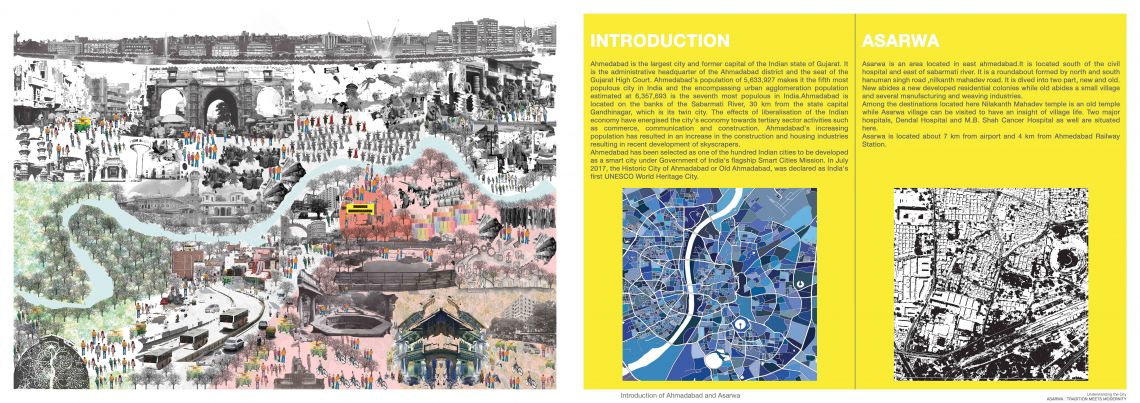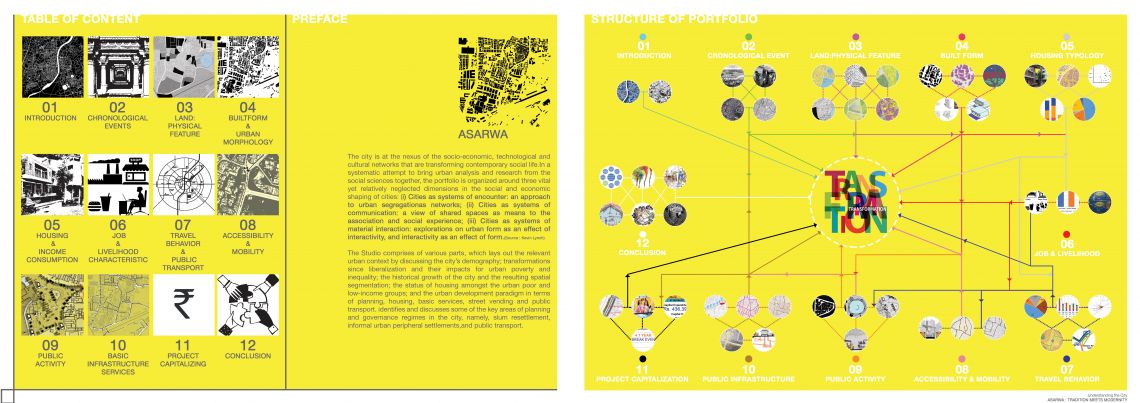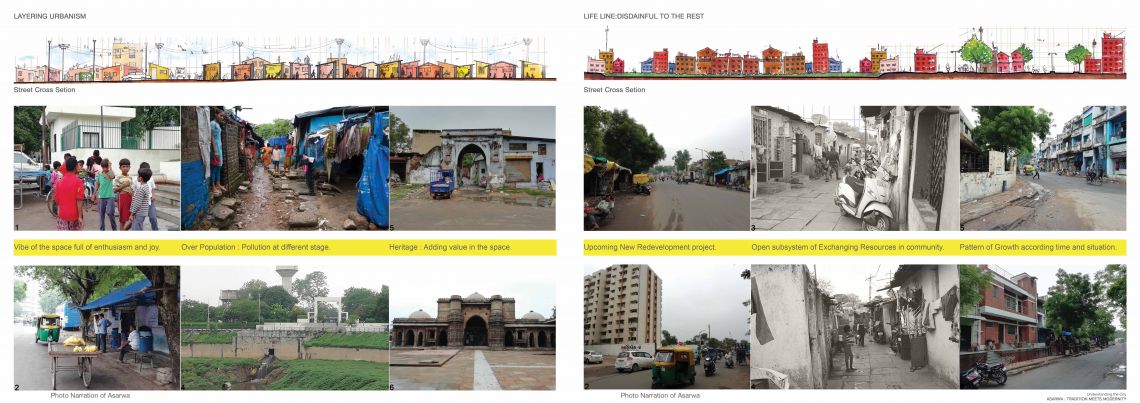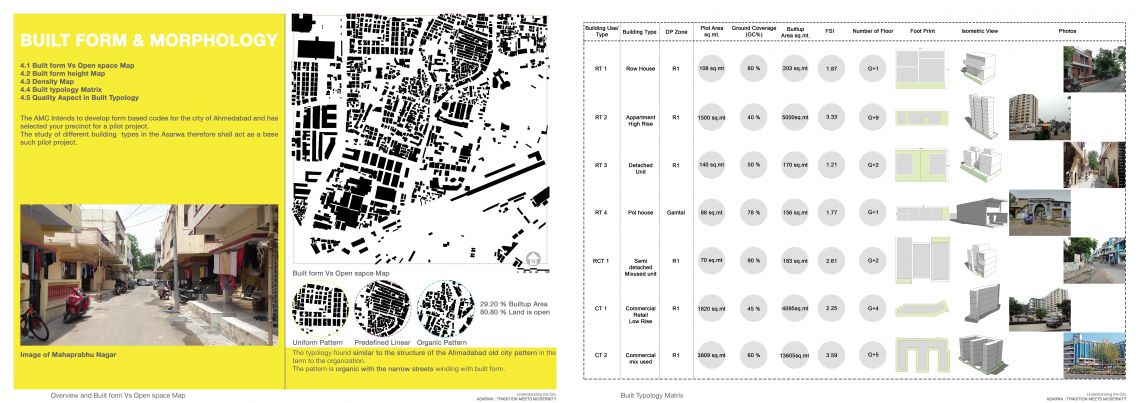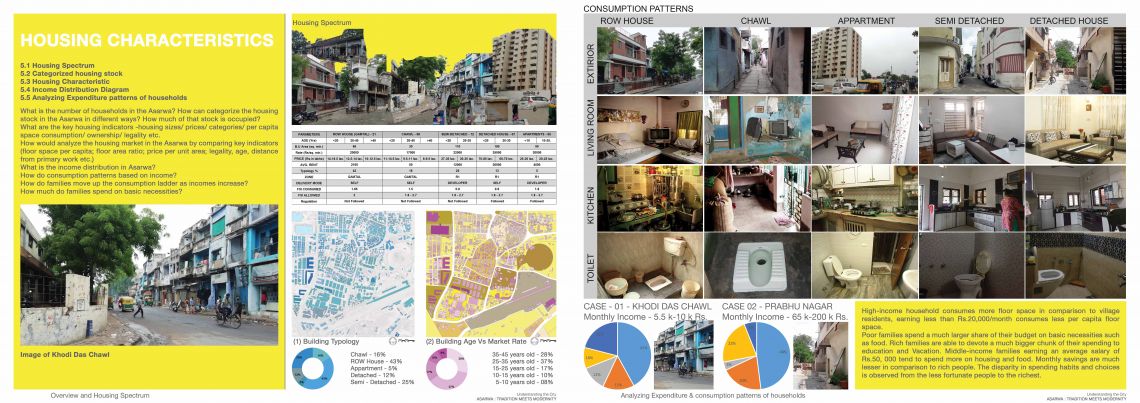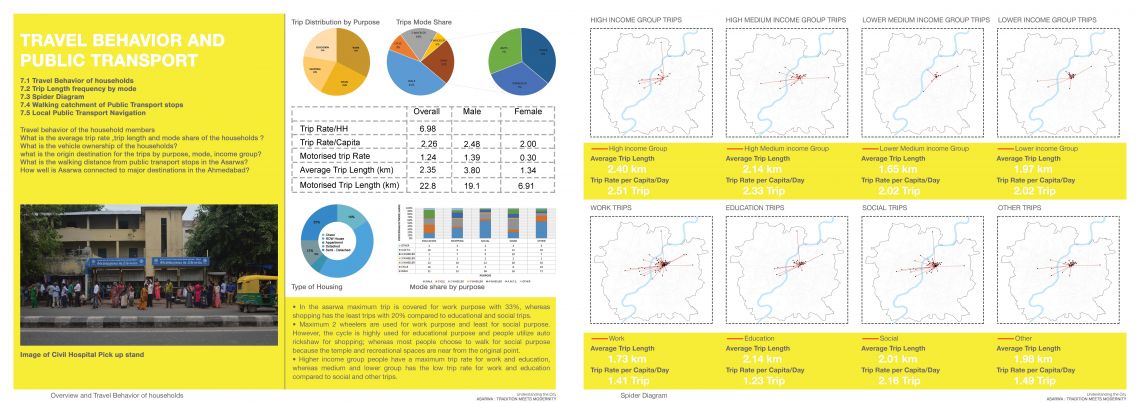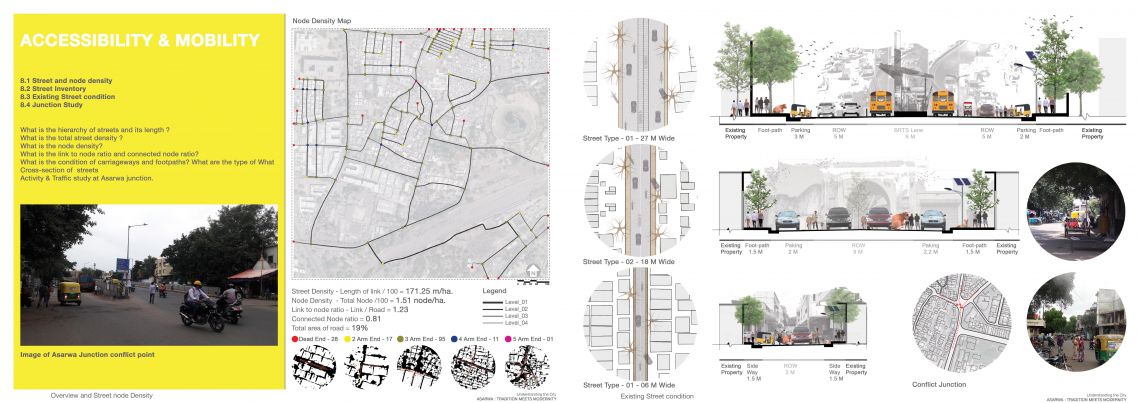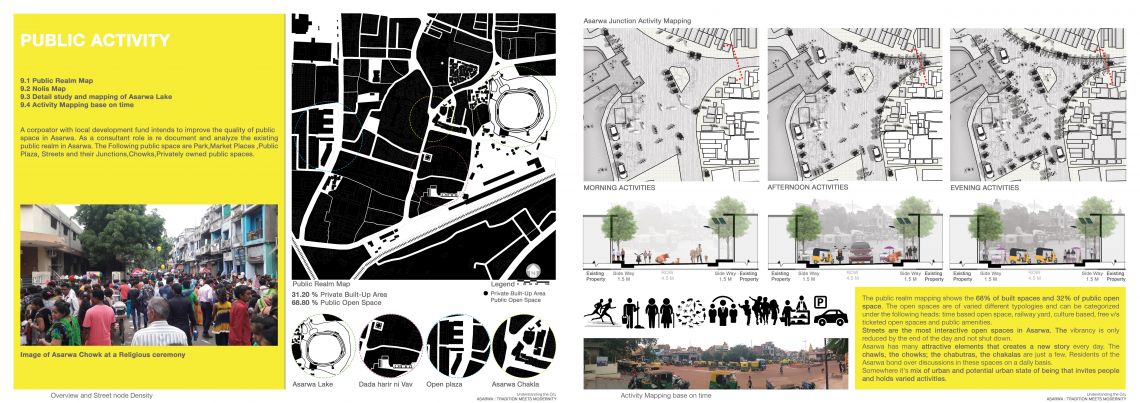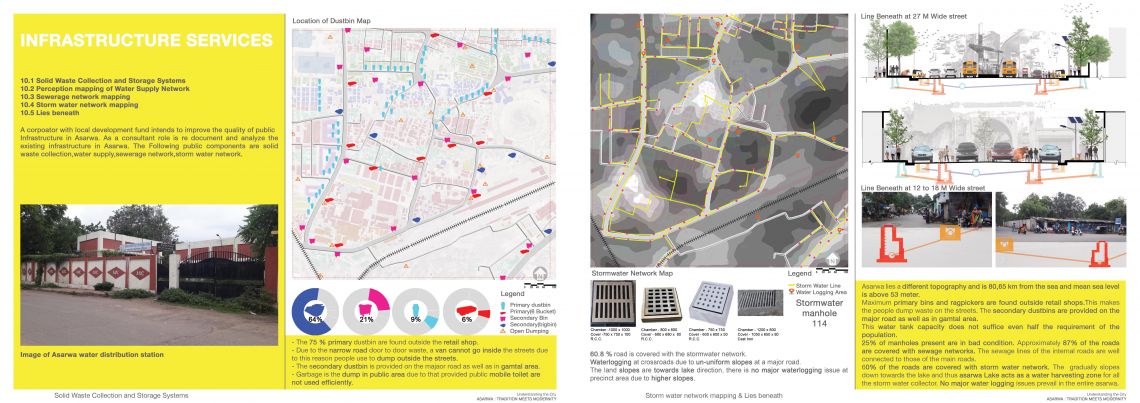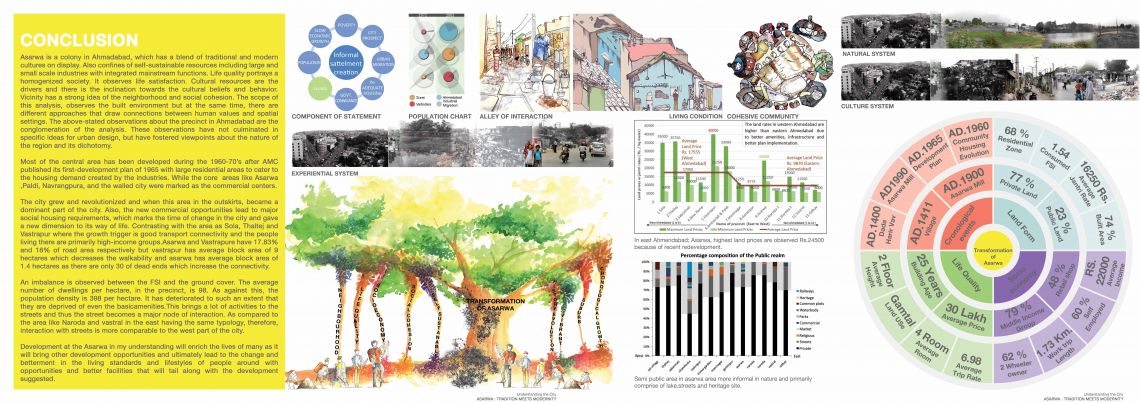Your browser is out-of-date!
For a richer surfing experience on our website, please update your browser. Update my browser now!
For a richer surfing experience on our website, please update your browser. Update my browser now!
The city is at the nexus of the socio-economic, technological and cultural networks that are transforming contemporary social life.In a systematic attempt to bring urban analysis and research from the social sciences together, the book is organized around three vital yet relatively neglected dimensions in the social and economic shaping of cities: (i) Cities as systems of encounter: an approach to urban segregationas networks; (ii) Cities as systems of communication: a view of shared spaces as means to the association and social experience; (iii) Cities as systems of material interaction: explorations on urban form as an effect of interactivity, and interactivity as an effect of form. The Studio comprises of various parts, which lays out the relevant urban context by discussing the city’s demography; transformations since liberalization and their impacts for urban poverty and inequality; the historical growth of the city and the resulting spatial segmentation; the status of housing amongst the urban poor and low-income groups; and the urban development paradigm in terms of planning, housing, basic services, street vending and public transport. identifies and discusses some of the key areas of planning and governance regimes in the city, namely, slum resettlement, informal urban peripheral settlements,and public transport.
